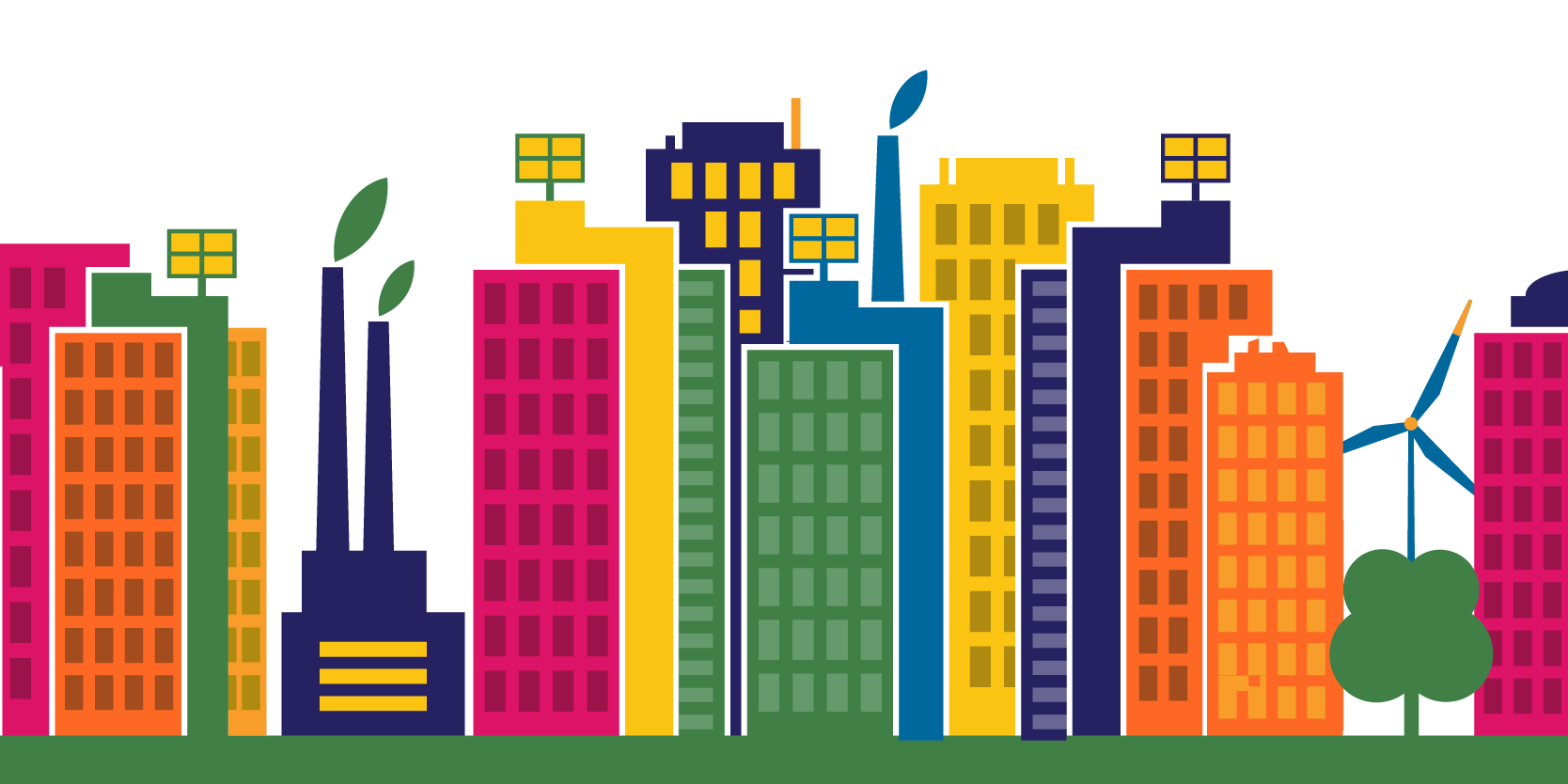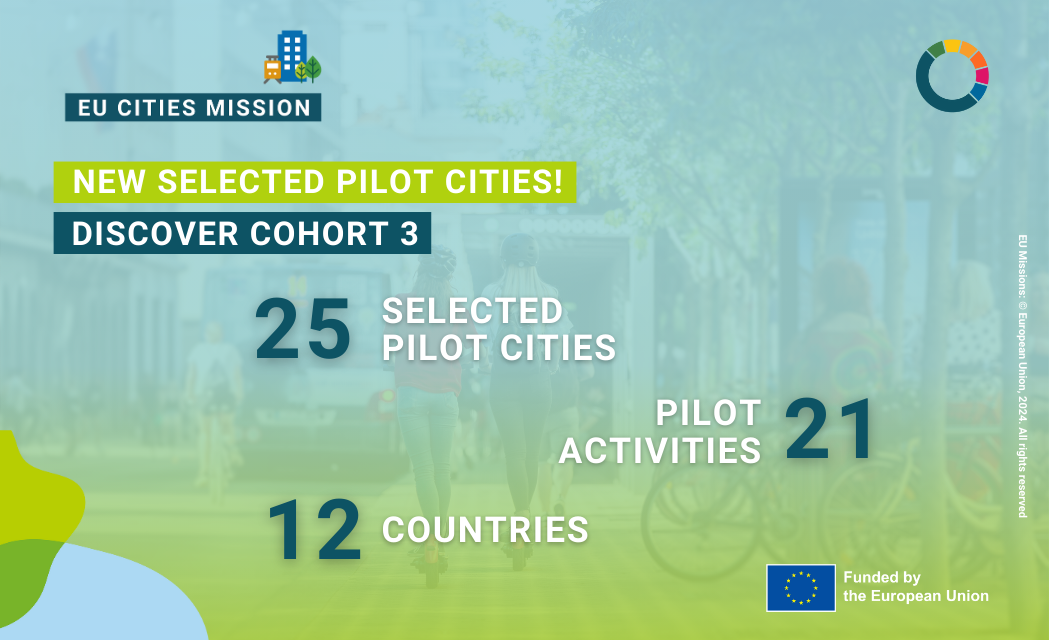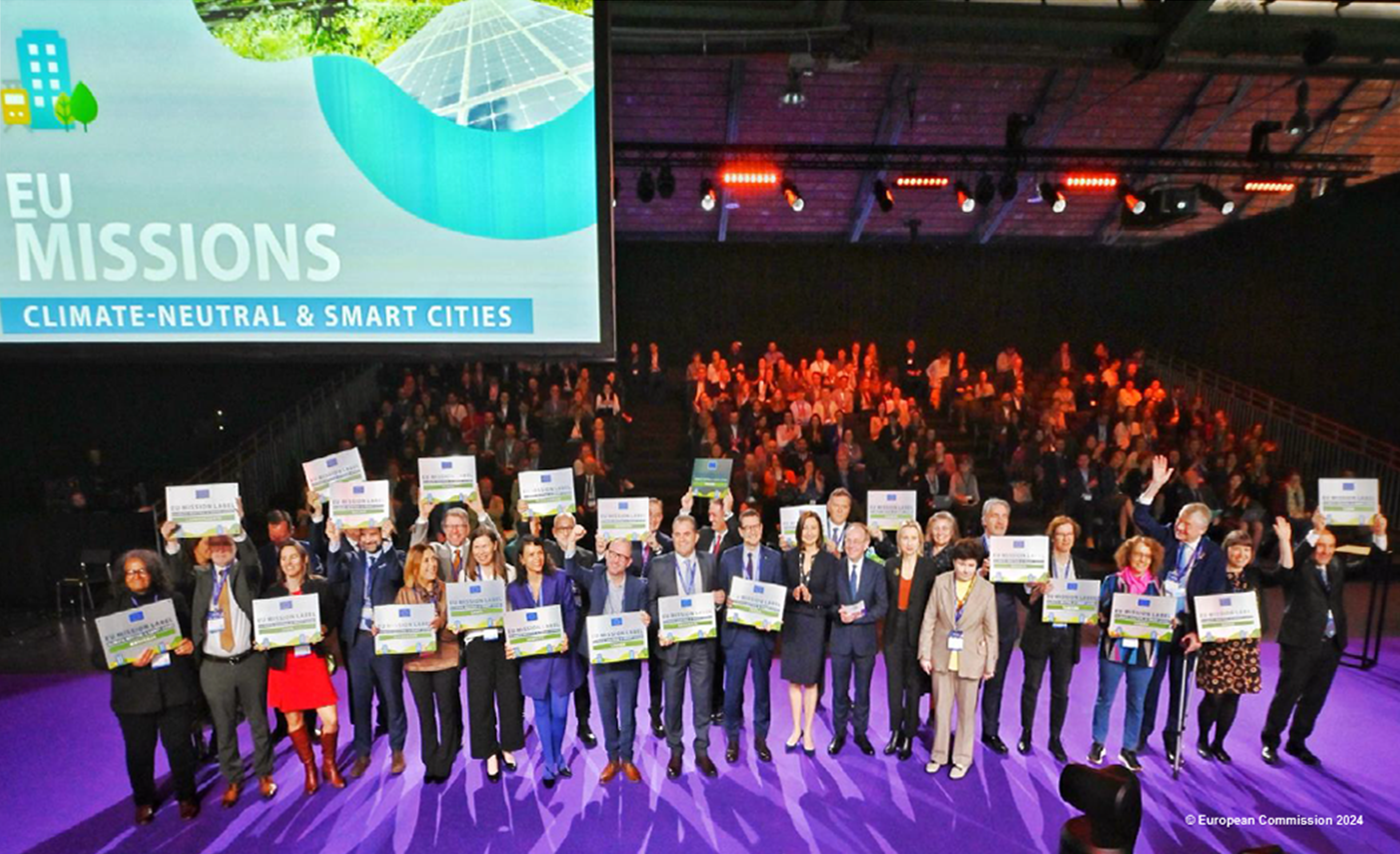Brussels, Belgium – The NetZeroCities project is starting on 1st October 2021 as part of the Horizon 2020 Research and Innovation Programme in support of the European Union’s Green Deal. NetZeroCities will support Europe and in particular European cities to drastically cut down greenhouse gas emissions through climate action to achieve ‘climate neutrality’, one of the biggest challenges our societies face today.
Europe has pledged to lead on climate action and has set forth ambitious goals and directives to achieve that commitment. The Horizon 2020 and Horizon Europe research and innovation programmes, the European Green Deal and other European Union policies and directives propel European Member States towards a 55% cut in emissions by 2030 and climate neutrality by 2050. Climate neutrality ‘refers to the idea of achieving net zero greenhouse gas emissions by balancing those emissions, so they are equal (or less than) the emissions that get removed through the planet’s natural absorption’1.
Cities are central to this goal, as they are centres of economic activity, knowledge generation, innovation and new technologies, and as they gather a large part of the European population. Cities influence the quality of life of citizens who live or work in them and are major contributors to global challenges. In a context where a substantial intensification of decarbonisation and an acceleration of the timescale for achieving it are crucial, cities have a leading role to play, not just in meeting the climate goals and targets set out by international policy frameworks such as the COP21 Paris Agreement, but in ensuring our decarbonisation efforts are equitable and contribute to the well-being of European communities.
Achieving this level of impact will be an extraordinary undertaking for each and every city, and will require profound and systemic changes. Government leadership will be critical, and actions by industry, civic organisations, education and research institutions must align in terms of policies, governance, and arrangements for needed capital investments.
NetZeroCities is a four-year project designed to help cities overcome the current structural, institutional and cultural barriers they face in order to achieve climate neutrality by 2030. It will enable European cities and citizens to show the way forward towards an inclusive, thriving, climate resilient and sustainable future. The project will work as a service-oriented platform supported by world-class practitioners. It will help all European cities by providing them all with the support and solutions they will need to achieve their net-zero goal in a socially-inclusive way. The project will tailor advanced capabilities related to systemic change, citizen engagement and democratic governance, capital and financial structuring, and social innovation, to ensure cities have access to the best expertise available anywhere in the world.
NetZeroCities recognises the need for cities to develop specific strategies that are tailored to suit local and regional contexts, and will support them by developing and promoting new and existing tools, resources, and expertise into a one-stop shop platform that will be accessible to all cities through an online portal. In addition, the project will support up to 30 pilot cities to help drive rapid learning about how to achieve climate neutrality at the city scale. Cities will benefit from an intensive support relationship and dedicated services to achieve their net-zero goals. The project will also support the EU’s Mission of “100 Climate-Neutral and Smart Cities by 2030” newly-launched as part of the Horizon Europe programme, by seeking to scale the activities of this project across 100 cities, and to tackle the unprecedented capital investments needed to make such a transformation possible.
Gathering 33 partners from 13 countries, NetZeroCities is coordinated by EIT Climate-KIC, Europe’s largest public- private innovation partnership focused on climate innovation to mitigate and adapt to climate change. NetZeroCities builds upon the expertise of its partners, leveraging a vast array of knowledge and expertise, as well as access to a very large network of cities throughout Europe.
1 According to the definition by the United Nations Framework Convention on Climate Change.





